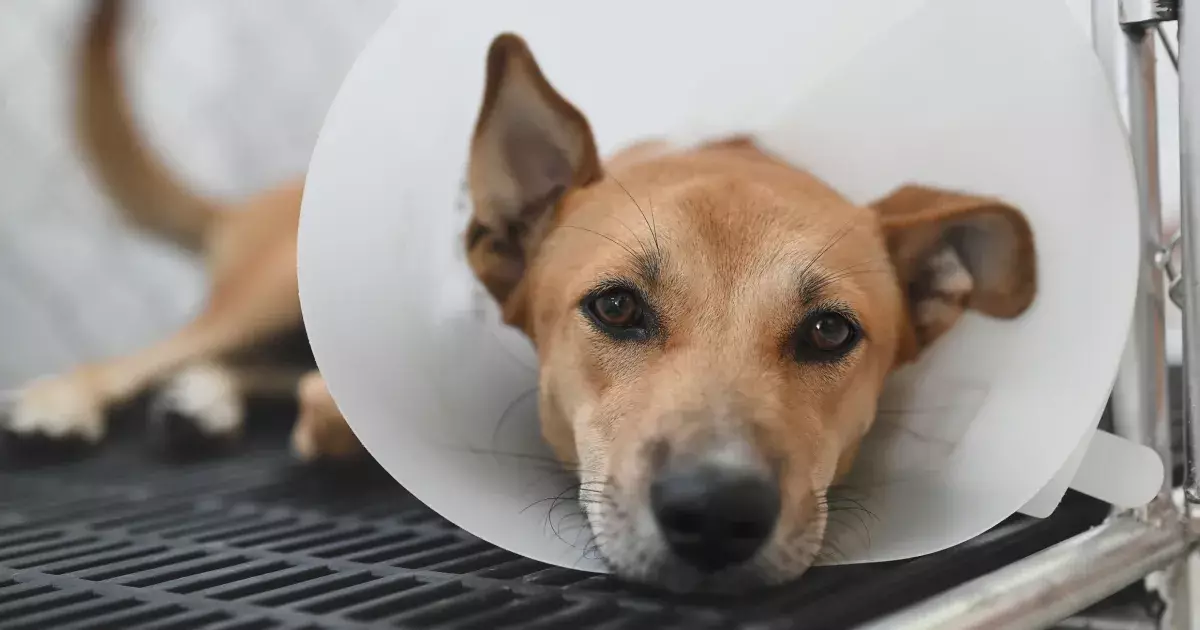When your furry companions undergo spay or neuter surgery, it’s crucial to be aware of the changes they may experience shortly after the procedure. Typically, the first 24 to 48 hours post-anesthesia are characterized by notable alterations in behavior. Dogs often appear unusually lethargic or sleepy as the effects of anesthesia gradually dissipate. This sedation is entirely normal; your pets are recovering from a surgical procedure, and it’s natural for them to seek comfort during this time.
In addition to tiredness, it is also common for dogs to have a decreased appetite following surgery. The tender area around the incision may lead to discomfort, deterring them from their usual eagerness to eat. Furthermore, your pets may exhibit curiosity or confusion about the stitches on their abdomen, leading them to lick the affected area. To mitigate the risk of infection and ensure proper healing, it is advisable to implement preventive measures such as using an Elizabethan collar, commonly known as a “cone,” which should be worn for approximately two weeks or until the sutures are entirely removed.
Long-Term Behavioral Changes
While the immediate aftermath of spaying and neutering involves observing your pets as they recover, understanding the long-term effects of the surgery on behavior is equally important. Research shows that spaying and neutering, particularly when done at a young age, can lead to several positive behavioral changes. For example, males often exhibit reduced aggression levels and are less likely to roam, which can enhance their safety and well-being.
However, the experience can vary depending on the age of the dog at the time of the surgery. Male dogs neutered later in life may cling to previous aggressive tendencies, making behavior modification a more challenging endeavor. Therefore, early intervention through spay or neuter procedures can be advantageous for fostering desirable behaviors.
Another common issue that arises post-surgery is weight gain. It is essential for pet owners to be aware that spayed and neutered dogs may have a reduced rate of metabolism. Consequently, transitioning to a diet formulated for weight management becomes crucial once your pups are fully mature to maintain a healthy weight.
Shaping Your Dog’s Future After Surgery
While surgery can initially disrupt your dog’s typical behavior, it is largely considered a beneficial intervention for their overall well-being when approached with care. Post-surgical, expect a natural progression toward normal behavior as your dog heals. Some pets may exhibit a calmer disposition over subsequent months, while others might require ongoing training and support to harness their energy positively.
Investing time in reinforcing training and establishing a balanced routine can facilitate smoother behavioral adaptation in the long run. Your dedication to maintaining an engaging environment and a proper diet will significantly impact their health and behavior as they adjust to life after surgery. Understanding these dynamics will prepare you to help your pups thrive in their post-operative phase and beyond.


Leave a Reply